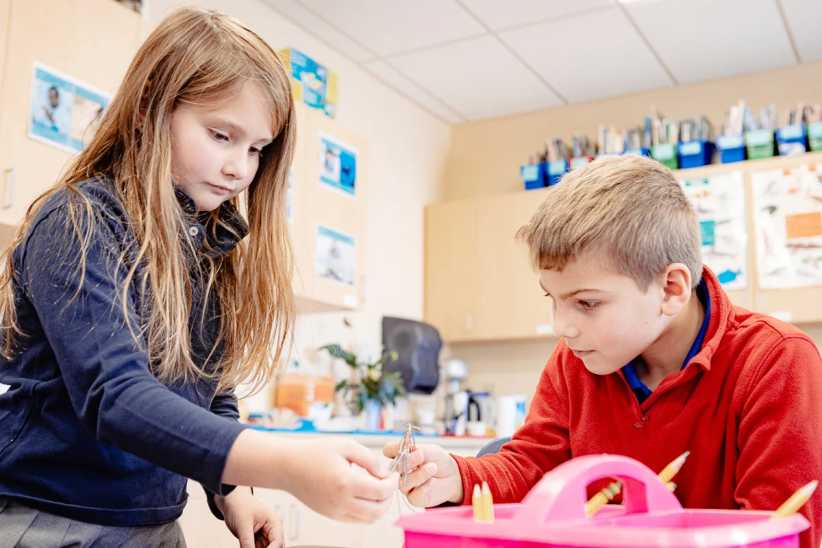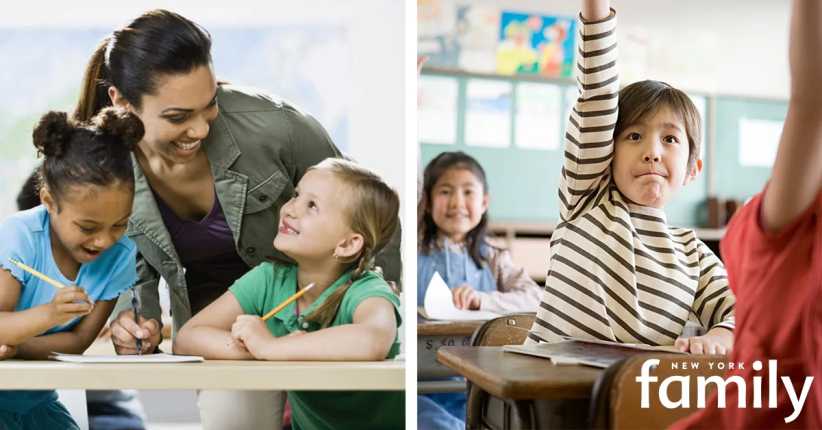These five tips will help prepare your child to make a good first impression on the first day of school. Go over these social and emotional skills to help your child make friends and boost his self-esteem and academic performance.
It’s back-to-school season, which probably means your mind is beginning to get bogged down by first day outfits and brown bag lunches. Before you send your student out the door with backpack in tow, make sure she’s equipped with the accessories that can’t be bought in the school supply store: social and emotional skills! Not only do these skills help kids make friends, but they’ve been proven to increase self-esteem, self-confidence, and academic performance.
Here are 5 back-to-school tips to equip your kids with social and emotional skills for school year success:
1. Teach your child how to make a good first impression.
Take the time to show him or her how to execute a firm handshake with the right hand (no dead fish!), good eye contact, and proper body language.
2. Know if your child’s teacher is a Mr., Ms., or Mrs.
Be sure your child is addressing his or her teachers properly and explain the difference between Mrs. and Ms. (hint: it’s the “zzz” sound). A teacher should never be addressed by his or her first name or by a nickname; it’s always Mr./Ms./Mrs., unless your child is told otherwise. Role-play meeting a teacher for the first time!
3. Let your child know that lunchroom behavior leaves a lasting impression.
Have a fun “school lunch” at home and prepare lunch in brown paper bags for kids. Review the do’s and don’ts at the table—no dissecting food, chew with your mouth closed, no talking with food in your mouth, and wipe your face before heading off to the classroom.
4. Teach your student how to start a conversation!
Recess is the perfect time to make friends! Help your kids think of three questions to ask others that can start a conversation. It’s a quick way to make friends. For example: “How was your summer?” “Are you excited for the school year?” “Are you doing any after-school activities?”
5. Talk to your child about thoughtfulness and empathy.
An important part of making and maintaining friendships is being thoughtful and empathetic. Share a few examples of how to be an ideal friend and ask your kids how they can make their actions more thoughtful. At the same time, talk about how to handle sticky situations that they will inevitably encounter. Set up a strategy with your kids on what they should do if faced with a difficult encounter: try to resolve it themselves, and if that doesn’t work, approach a trusted adult or teacher.





















